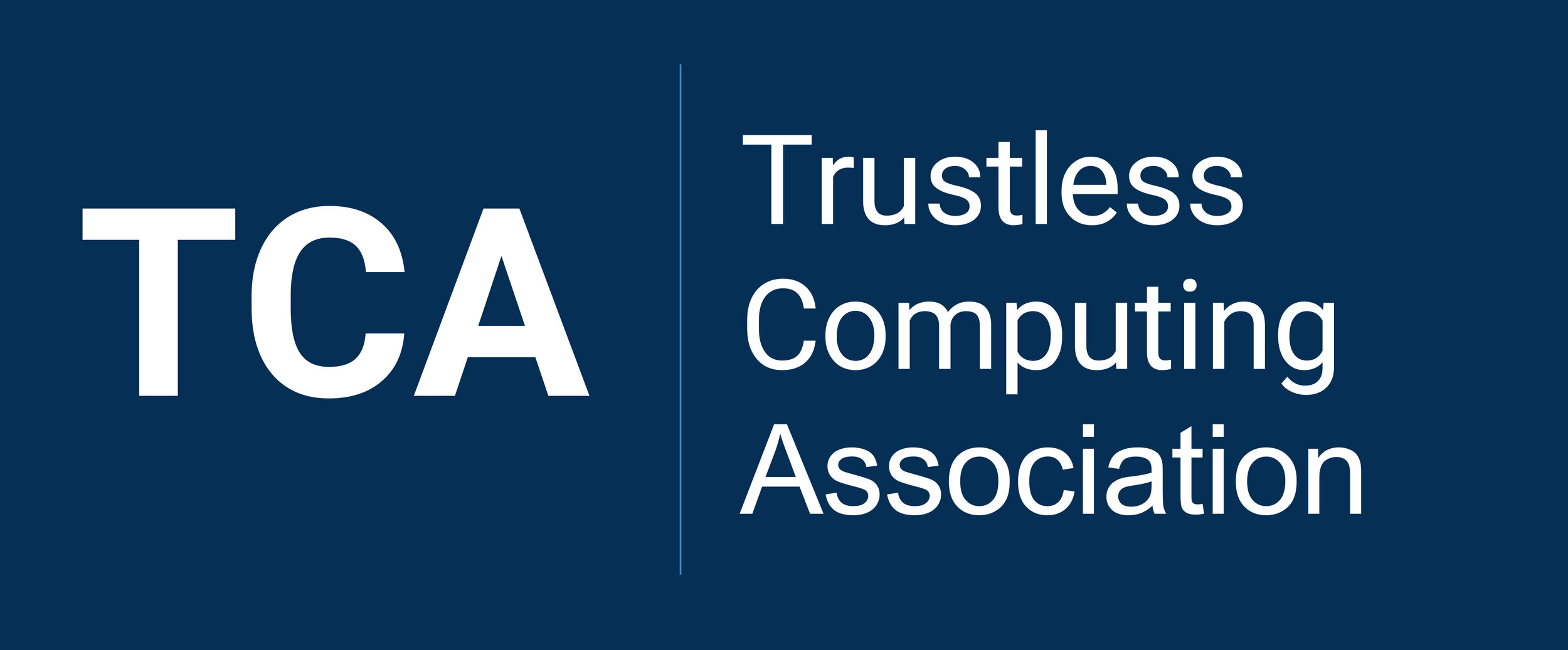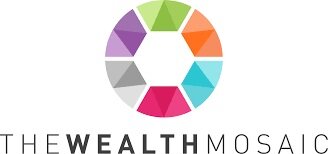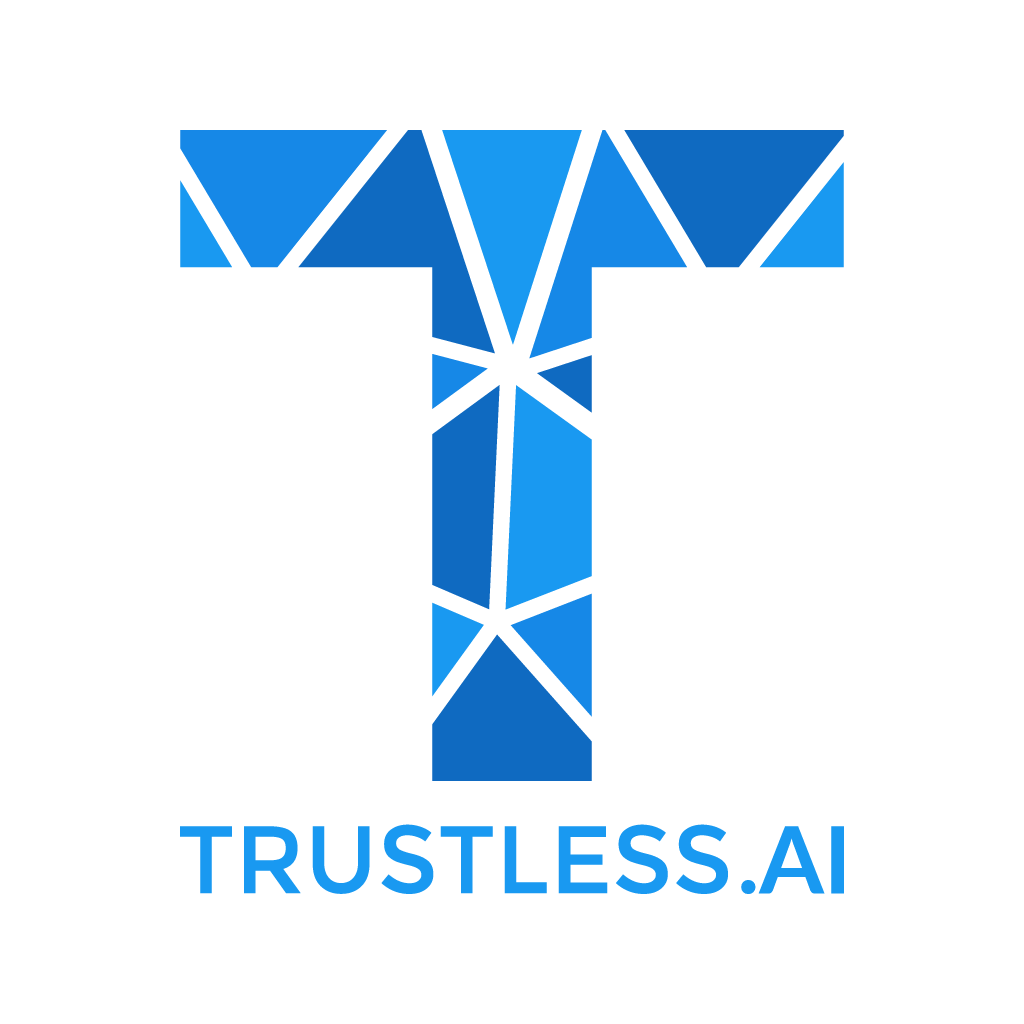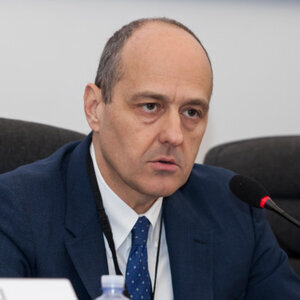Organizers
Trustless Computing Association is a Swiss-based research institute promoting a new IT security certification body to radically advance the security of digital communications and transactions for the most targeted persons and organizations. It promotes research initiatives, a global conference series, educational events, and it spun off in 2019 TRUSTLESS.AI, a startup spin-off building the 1st open computing base, ecosystem, and IT system compliant to such new certifications.
The Wealth Mosaic is a UK-based consultancy firm specializing in the scouting, analysis and comparison of the landscape of IT providers for the wealth management sector, including for private banks, family offices, and asset managers.
Orca AG is a leading Swiss provider of secure IT for family offices, geared and managing, visualizing and the most valuable assets while pushing the boundaries of confidentiality and security.
TRUSTLESS.AI is a Zurich-based startup building a 2mm-thin person computer, complaint to the Trustless Computing Certification Body, to bring unimagined freedom and peace of mind to the private digital life of family offices and UHNWIs.
Abstract
Cybersecurity is the n.1 or n.2 concerns of (U)HNWIs and family offices, according to recent surveys by UBS and by Northern Trust. Paradoxically, the wealthier one gets, the greater their cybersecurity problem becomes. Apparently, there is nothing money can buy. Nothing they can do about it. It seems like they just have to live with it, like rain or lightning.
With Covid-19 restrictions on traveling the problem has been getting even bigger, forcing family offices to deal digitally even with the most sensitive matters.
Secure messaging apps and iPhones are getting more secure, granting ordinary users unprecedented privacy and freedom. Additional technical and operational safeguards by more sensitive users can achieve even higher levels of security. What are the most effective current technical and risk management solutions available today?
Yet, even the best technologies and approaches don’t nearly mitigate the risk sufficiently. Why is it that if there is such demand, there is no adequate supply? What is the origin of the paradox? Materially, the insecurity is due to the excessive complexity obscurity of the technologies. But ultimately the root of the paradox is the need of the most powerful states to insert, purchase or maintain vulnerabilities and hyper-complexity in all information systems in order to gain access prevent serious crimes.
Fortunately, there are new technological and standards-setting approaches, and solutions, that promise to address the root of the paradox. These new approaches involve new systems that achieve a radical reduction in hardware and software complexity, high ease of use, and are subject to new international and independent certifications whose governance can ensure both these levels of security and privacy, and that the nations' request for access is evaluated and permitted - in person - when deemed legitimate, legal and constitutional.












